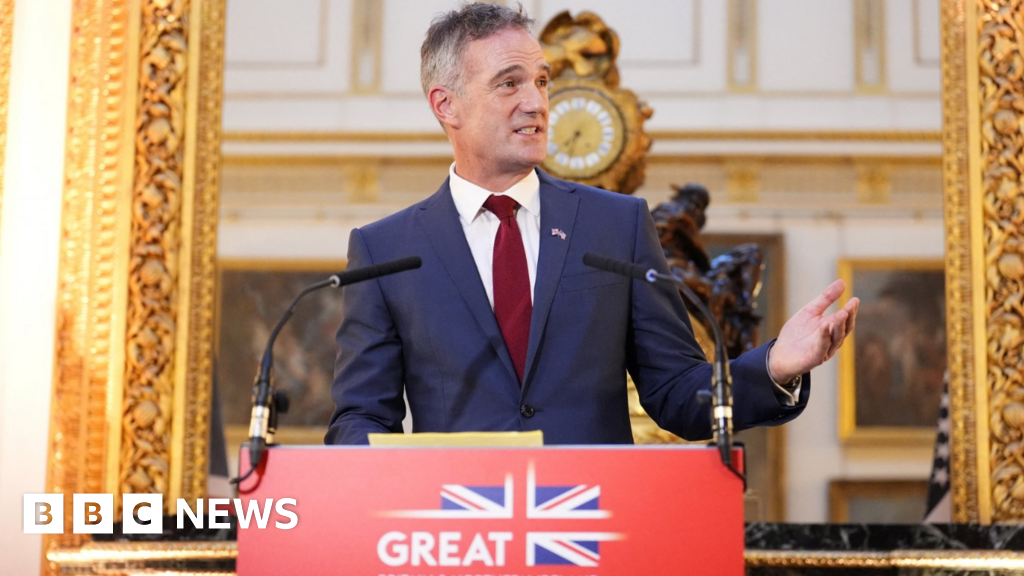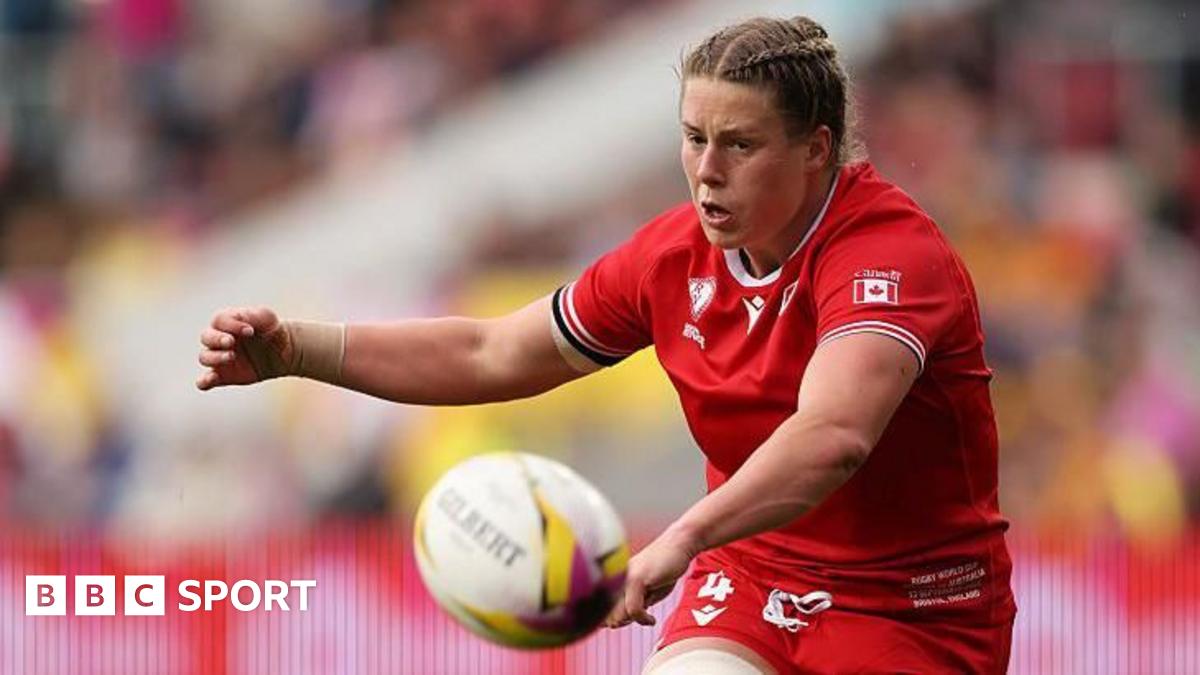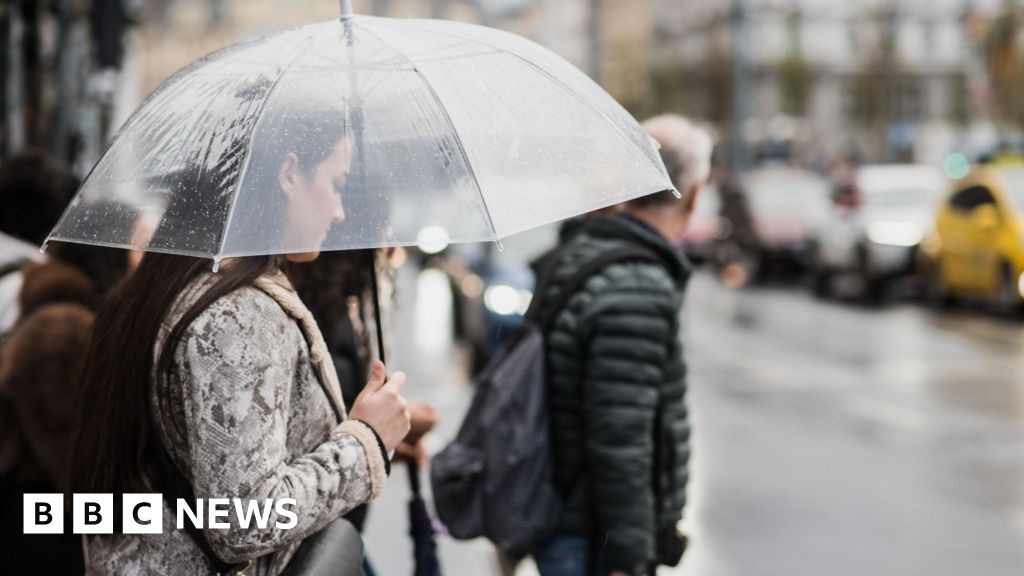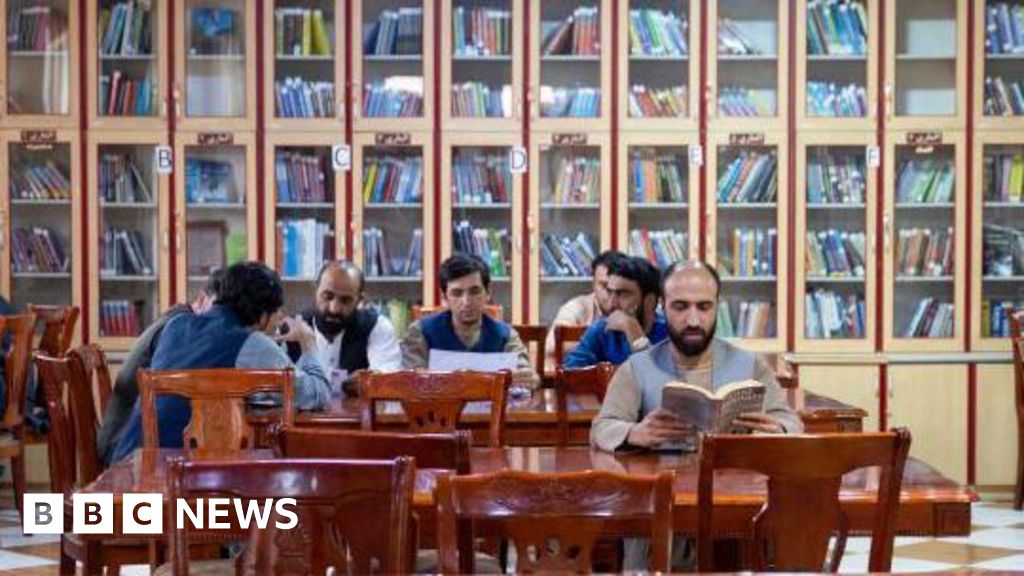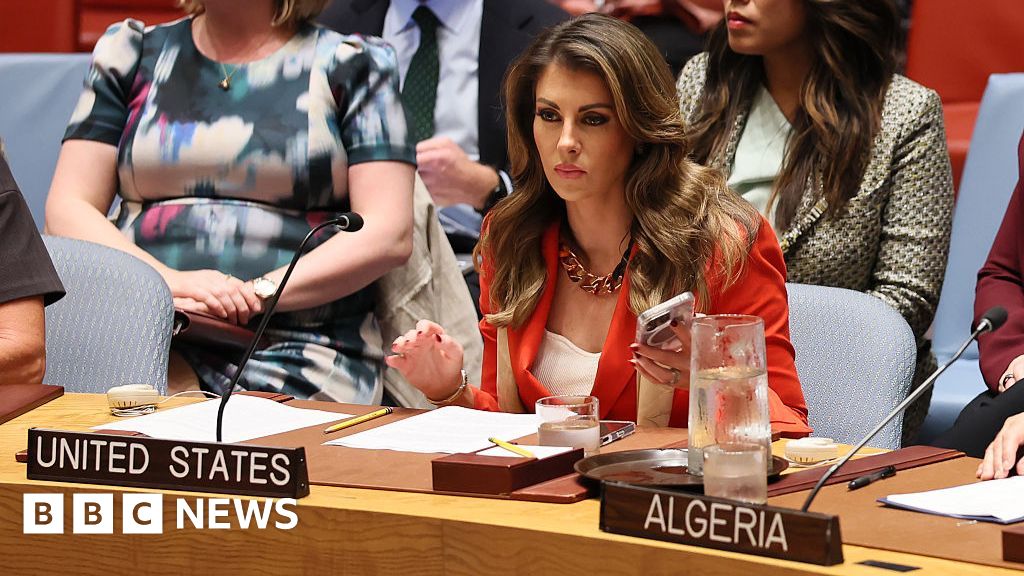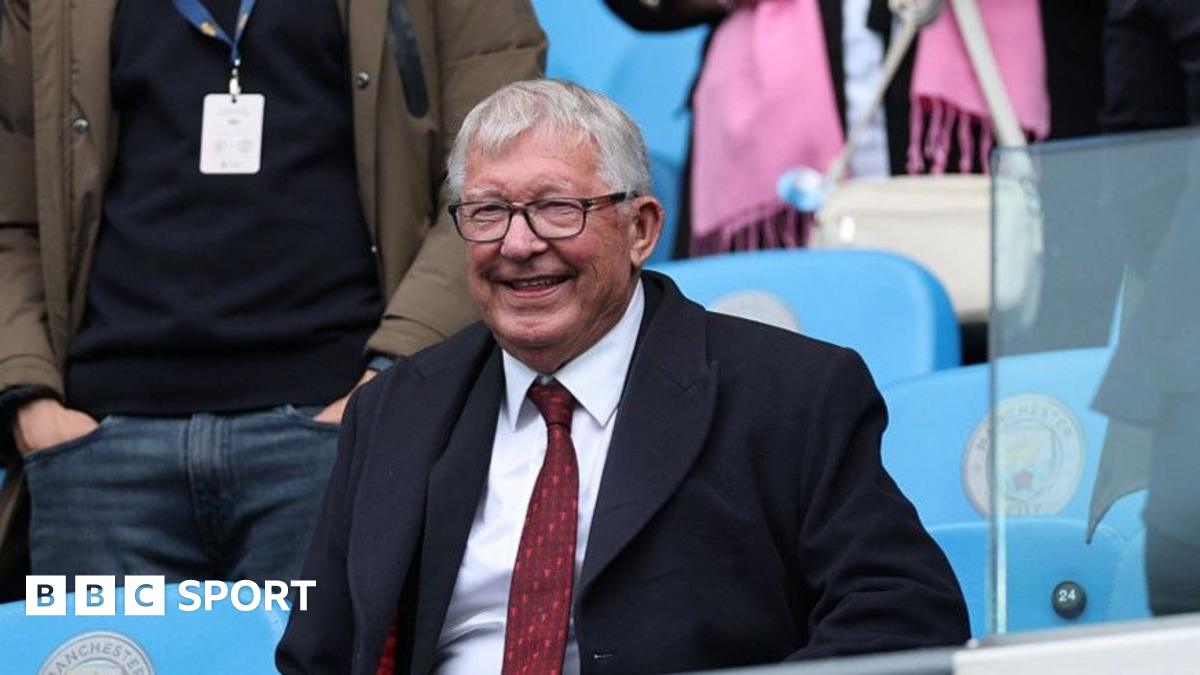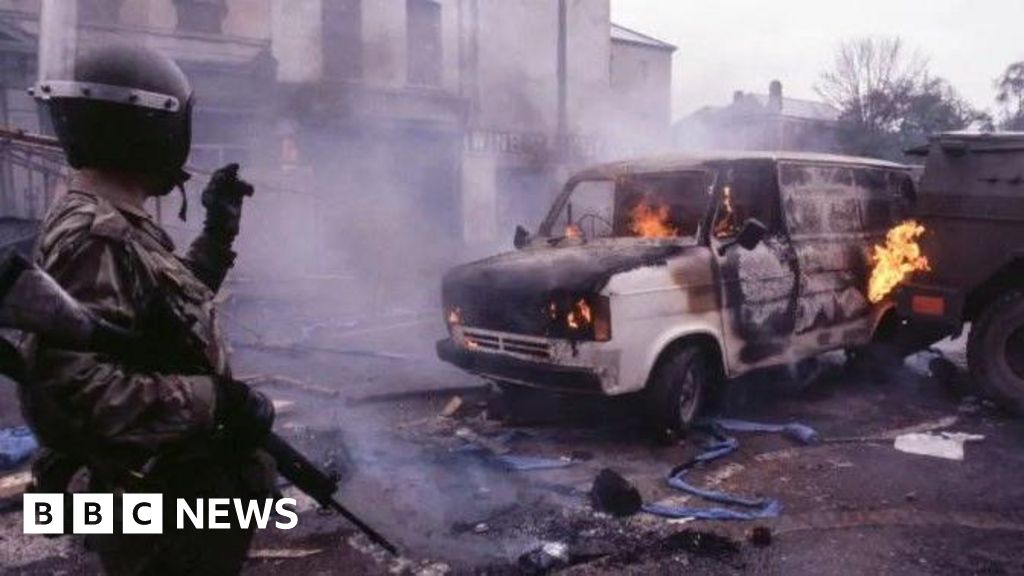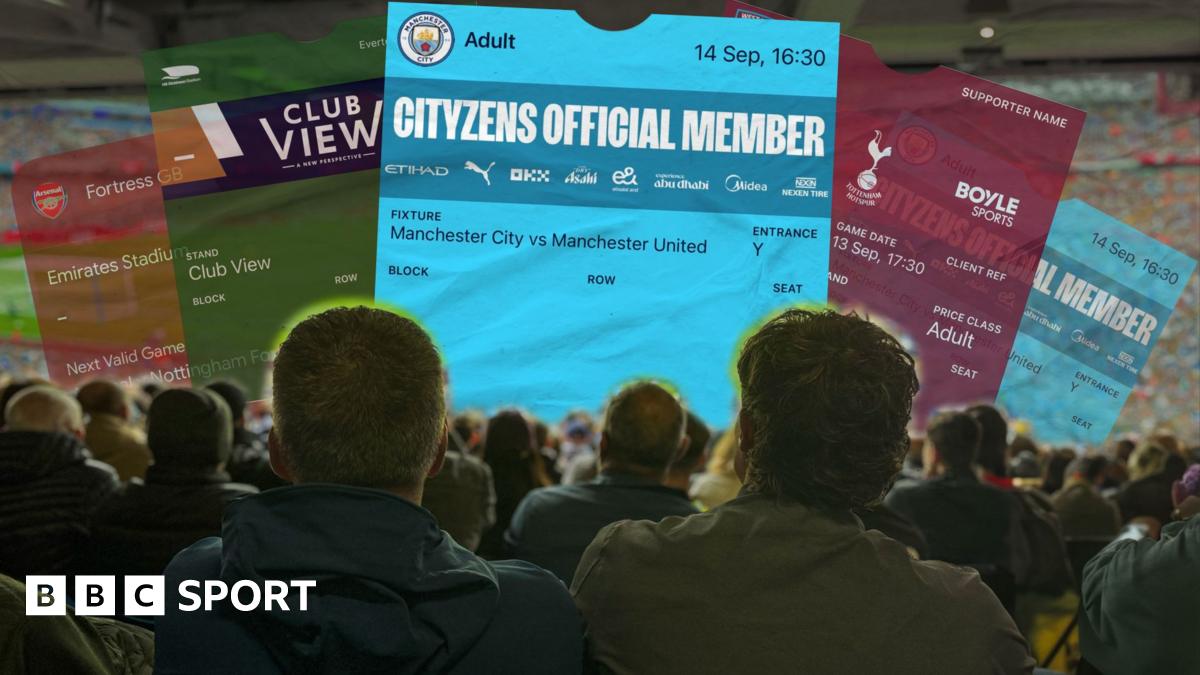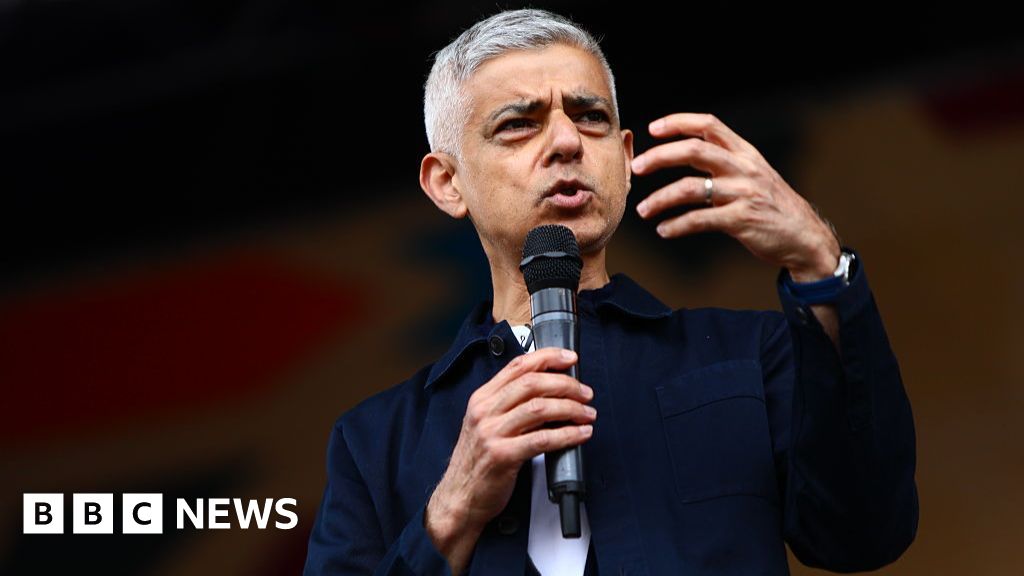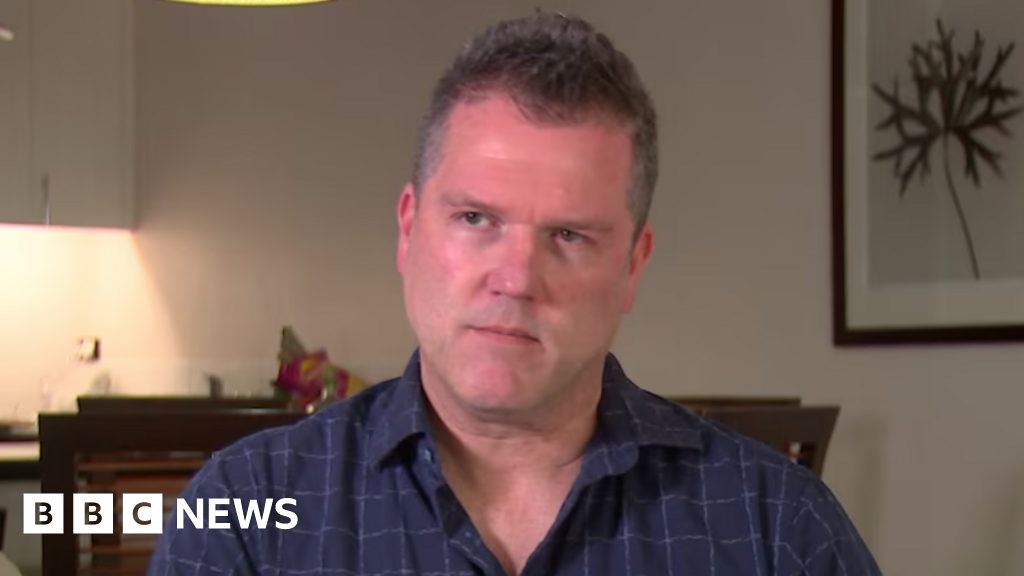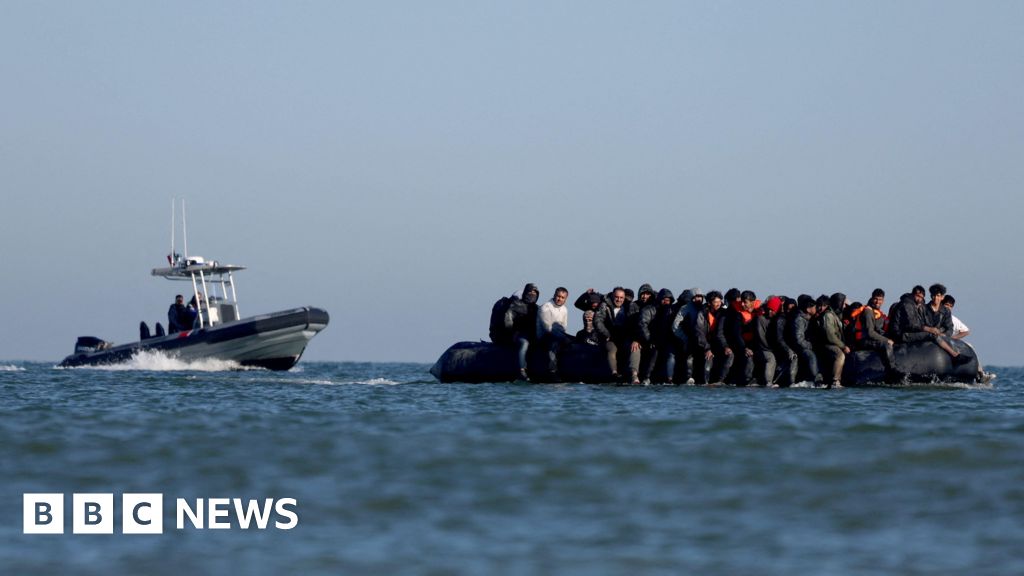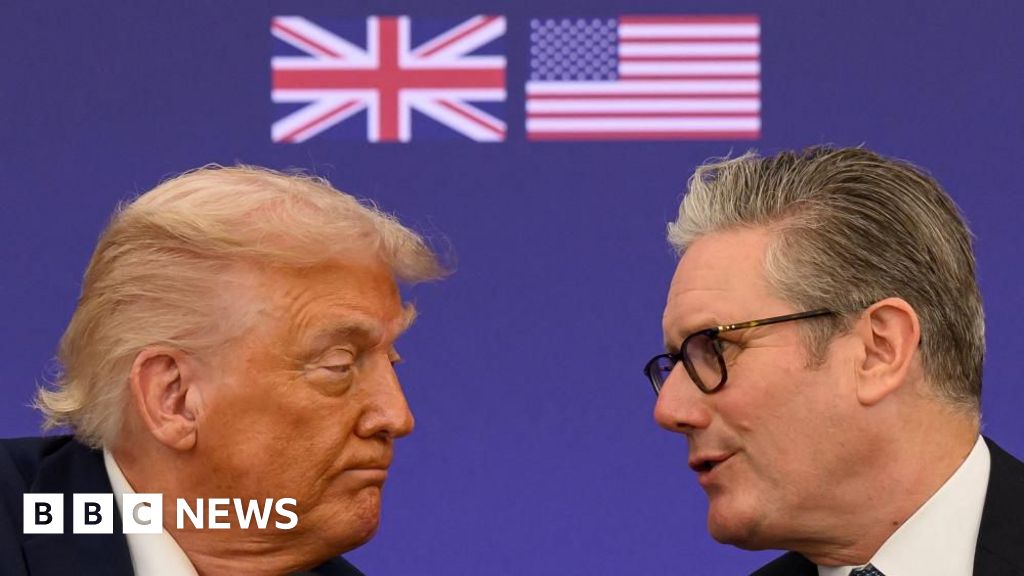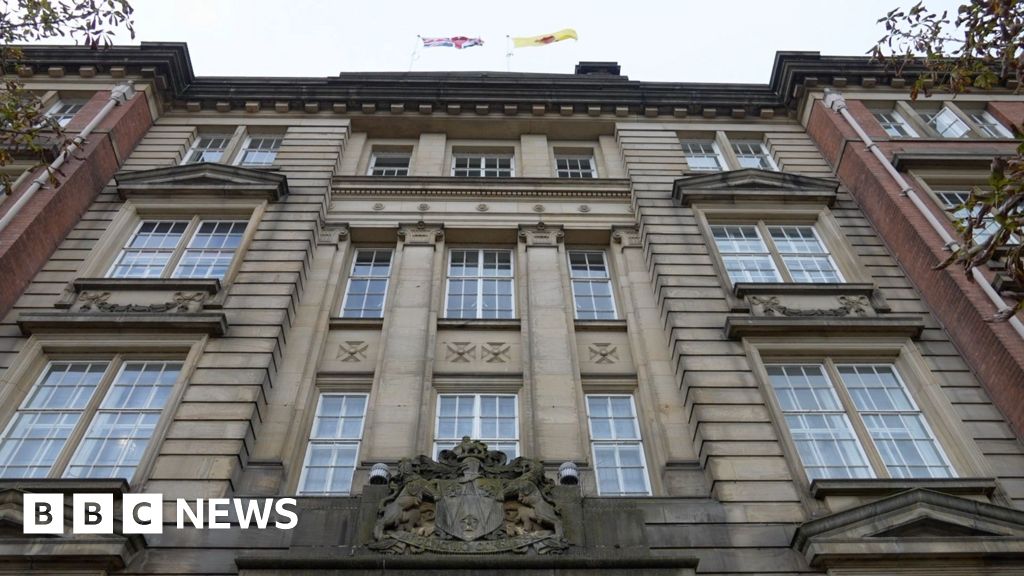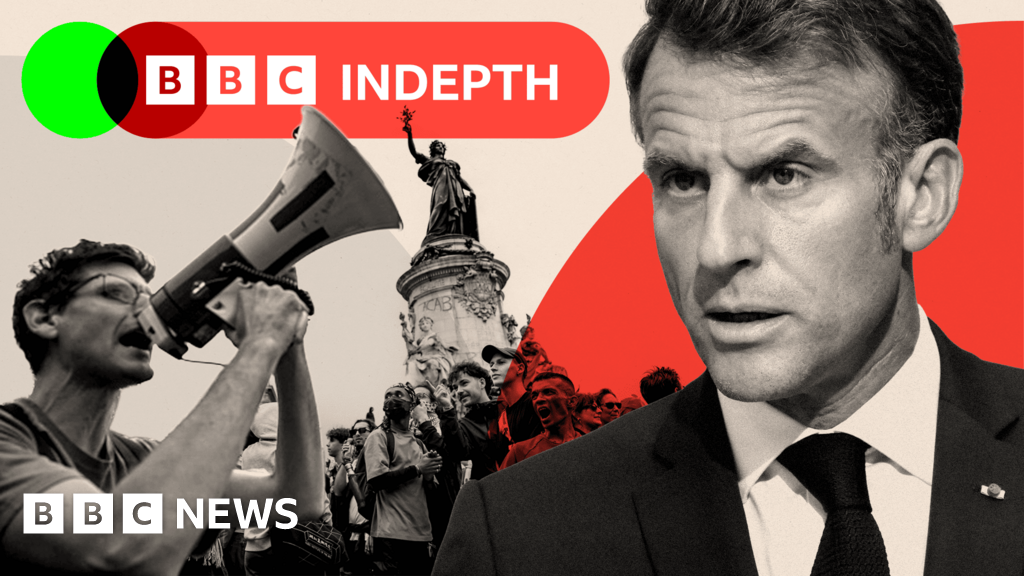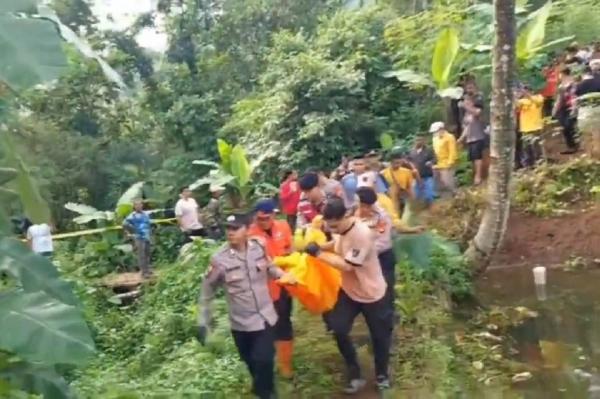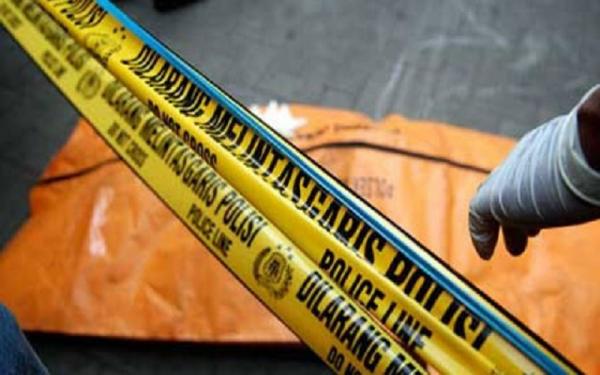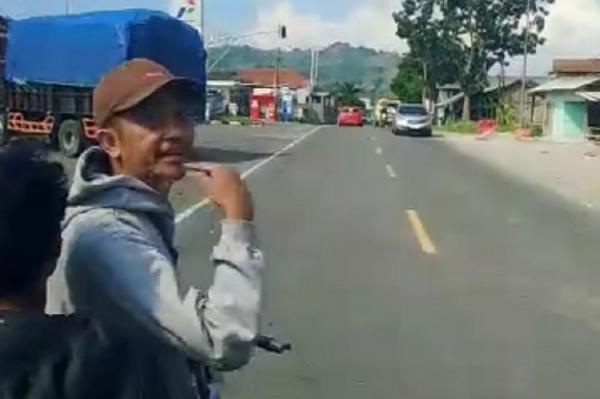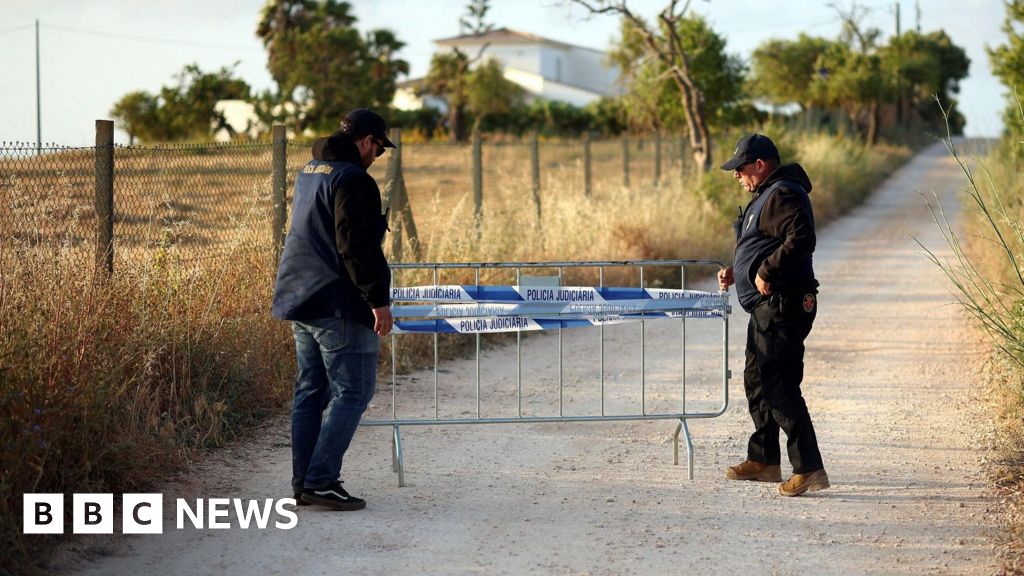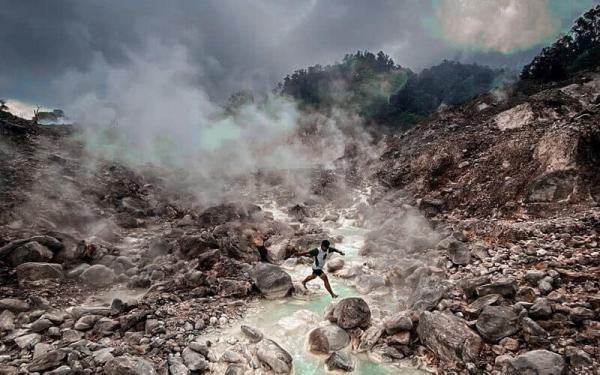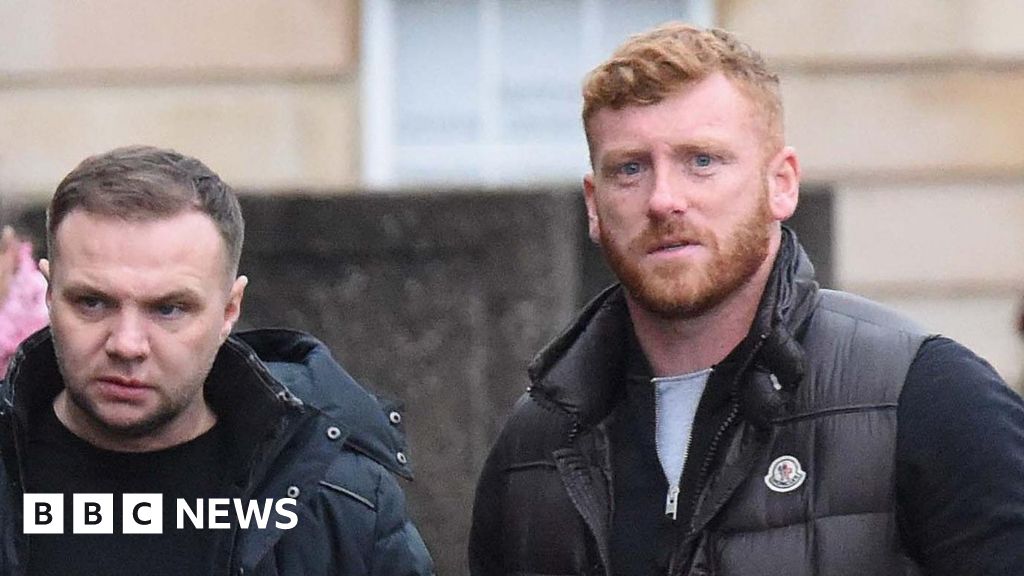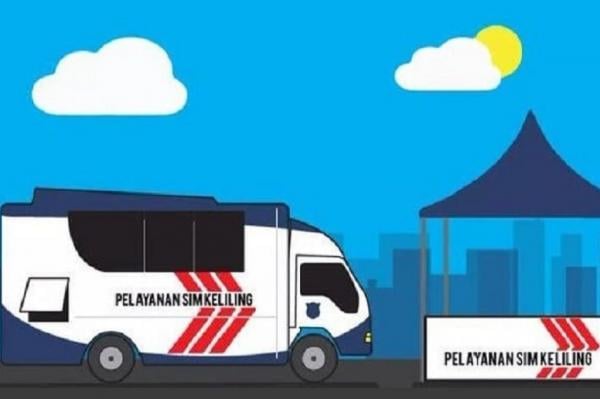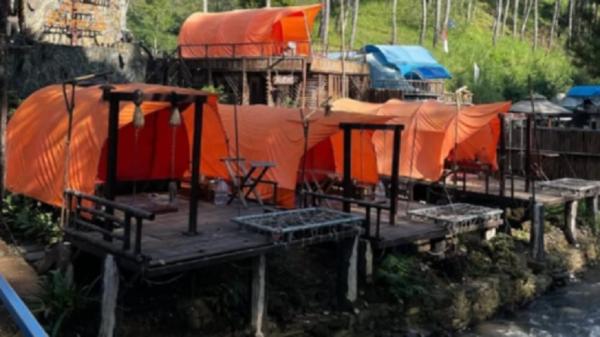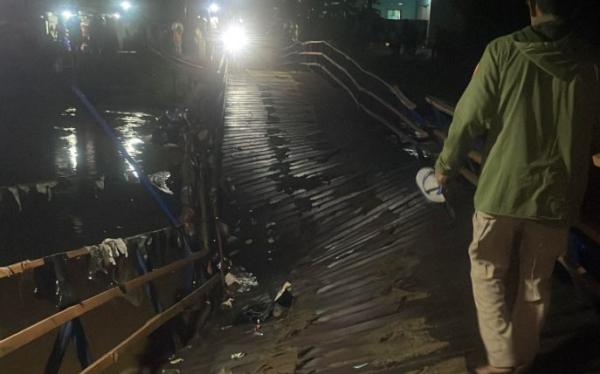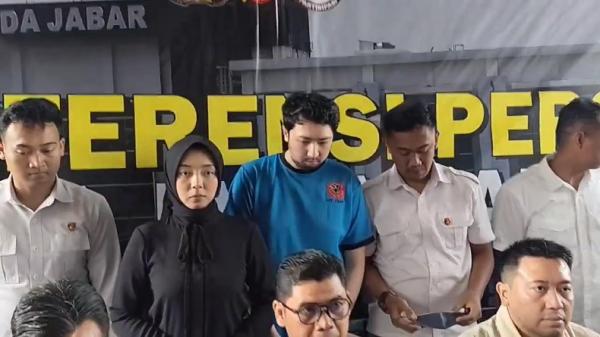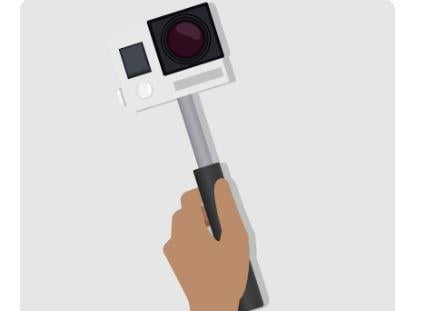Hannah O’Grady
BBC Panorama
A UK Special Forces officer personally rejected 1,585 resettlement applications from Afghans with credible links to British commandos, newly released documents say.
The files, disclosed by the Ministry of Defence in court on Thursday, show the unnamed UKSF officer rejected every application referred to him in the summer of 2023, in what was described as a "sprint".
The MoD told the court that the officer may have been connected to the ongoing inquiry into alleged war crimes committed by the SAS.
The admission comes after the BBC revealed last week that the UKSF officer – who previously served in Afghanistan - rejected applications from Afghans who may have witnessed the alleged war crimes.
Afghan commandos, known as the Triples, supported the SAS and SBS for years in Afghanistan and were in danger of reprisal after the Taliban seized back the country in 2021.
But thousands of UK resettlement applications containing credible links to the Triples were rejected.
The rejections came at a time when a public inquiry in the UK had begun investigating allegations that British special forces had committed war crimes on operations in Afghanistan where the Triples were present.
If the Afghan commandos were in the UK, they could be called as witnesses - but the inquiry has no power to compel testimony from foreign nationals who are overseas.
MoD officials raised concerns as early as October 2022 about the role of the UKSF in rejecting applications with links to the Triples units, the new documents show.
In a witness statement submitted to court, Natalie Moore, the head of the UK's Afghan resettlement team, wrote that she became concerned the UKSF was applying a practice of "automatic rejections" with regard to Triples, giving rise to the "appearance of an unpublished mass rejection policy".
In January 2024, following the BBC's revelation of the existence of a UKSF veto over applications, then-Veterans Minister Johnny Mercer warned senior cabinet ministers in writing of a "significant conflict of interest that should be obvious to all".
The veto gave the UKSF "decision-making power over... potential witnesses to the inquiry", Mercer said, calling the arrangement "deeply inappropriate".
In the same letter, Mercer said that he had seen evidence that five former Triples had been killed by the Taliban after their resettlement applications were rejected.
And in a meeting with Ms Moore, he highlighted a case in which an applicant was rejected having "previously confronted UKSF leadership about EJKs [extrajudicial killings] in Afghanistan".
Despite concerns first being raised internally in October 2022 - and again between October 2023 and January 2024 - in March 2024 the MoD denied to both the BBC and Parliament that UKSF had had a veto over the former commandos' applications.
The Triples - so-called because their designations were CF 333 and ATF 444 - were set up, trained, and paid by the UKSF. When Afghanistan fell to the Taliban, they were judged to be in grave danger of reprisal and were entitled to apply for resettlement to the UK.
But more than 2,000 applications judged by resettlement caseworkers to have credible evidence were subsequently rejected by the UKSF.
The MoD later announced a review of more than 2,000 rejected applications after finding that the decisions were "not robust".
Earlier this week, Armed Forces Minster Luke Pollard announced a new phase of the review to take into account up to 2,500 further cases which may have been improperly rejected.
Some of the former Triples who were denied visas have since been tortured and killed by the Taliban, according to testimony from former colleagues, family members and lawyers.
The documents disclosed in court on Thursday, as part of a judicial review case brought by a former member of the Triples, reveal that the government launched two investigations that examined the actions of the UKSF and the allegations of a conflict of interest at the heart of the Triples rejections.
A summary of one of those investigations, known as Operation X, said it "did not obtain any evidence of hidden motives on the part of the UKSF liaison officer" and found "no evidence of automatic/instant/mass rejections" of the Triples by the UKSF - but provided no evidence to back up those conclusions.
It instead concluded that the more than 2,000 rejections of Triples were down to "slack and unprofessional verification processes" by the UKSF liaison officer and "lax procedures followed by the officer in not following up on all lines of enquiry before issuing rejections".
More than 600 of those rejections have since been overturned.
BBC Panorama reported recently that the rejection of the Triples applications had been overseen by Gen Jenkins, who was head of the UKSF at the time and was promoted last week to be the head of the Royal Navy.
In the court documents, the MoD said that Gen Jenkins had no involvement with the applications and that he had not appointed the UKSF officer who rejected them.
Tom de la Mare KC, representing the former Triple who brought the case, accused the MoD of breaching its duty of candour in the case by failing to disclose evidence of a blanket practice of rejection of the Triples applications.
He further accused the MoD of providing misleading responses to requests for information.
Cathryn McGahey KC, representing the MoD, told the court she did "not seek to excuse or underplay in any way the provision of inaccurate answers", and she apologised for the fact that the MoD had previously told the court that no veto existed.
The case is examining whether the review of the rejected Triples applications was conducted in a lawful manner. Ms McGahey told the court that "there might have been a better way of doing it, but that doesn't make it unlawful".
Daniel Carey, partner at DPG, the law firm acting on behalf of the former Triples, said: "My client spent years asking the MoD to rectify the blanket refusals of Triples personnel and has seen many killed and harmed by the Taliban in that time.
"He is pleased that the MoD have agreed to inform everyone of the decisions in their cases and to tell the persons affected whether their cases are under review or not, but it should not have required litigation to achieve basic fairness."
.png)
 3 months ago
56
3 months ago
56
